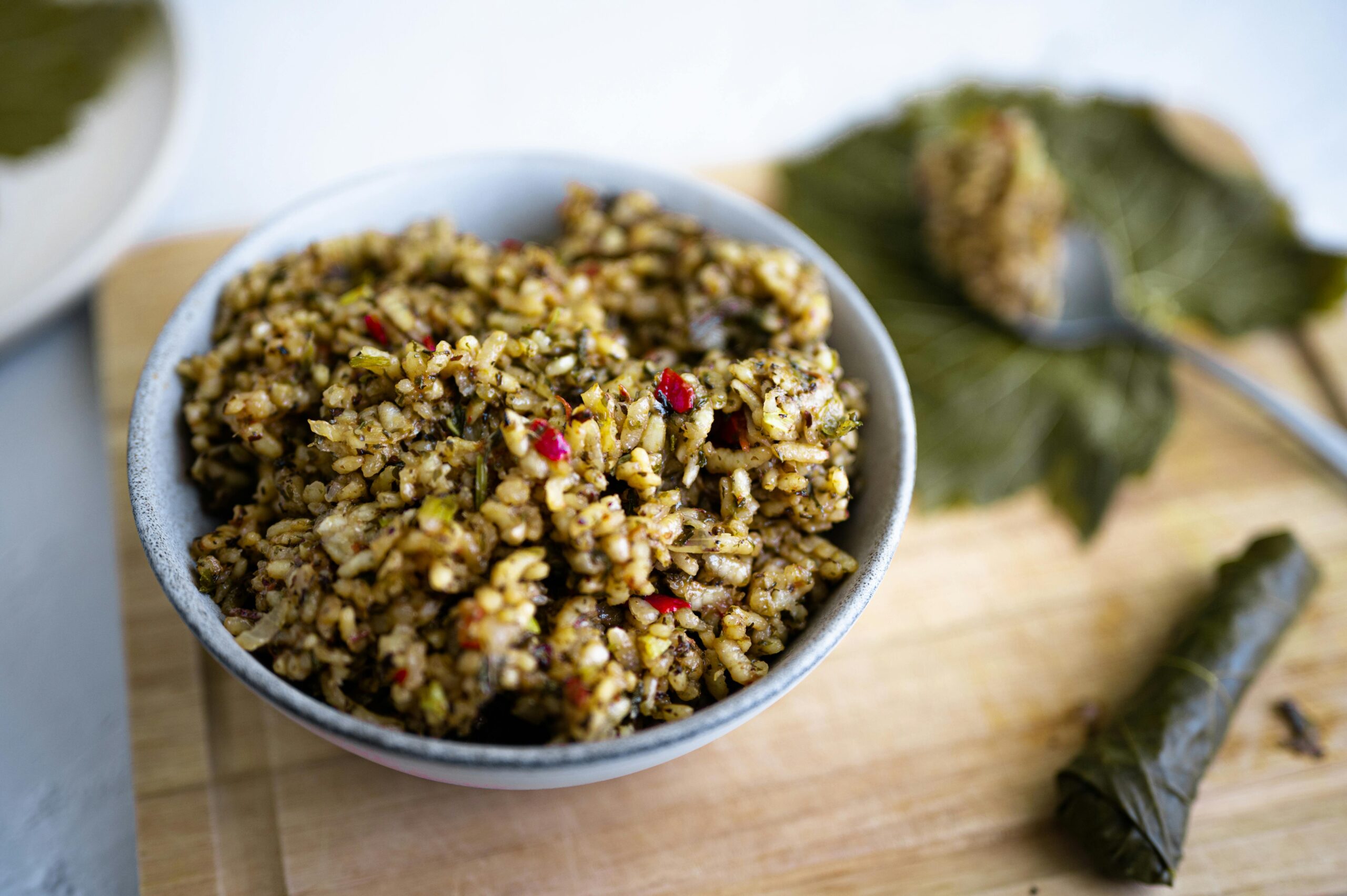

The Mediterranean diet has long been celebrated for its health benefits, offering a variety of nutrient-rich foods that promote heart health, weight management, and overall well-being. For those with gluten sensitivities or celiac disease, adopting a gluten-free diet provides an excellent way to enjoy the flavors and health benefits of this traditional eating pattern without compromising on taste or nutritional value. In this article, we will explore how a gluten-free diet can provide a balanced, delicious, and healthy lifestyle while avoiding gluten-related issues.
Table of Contents
What is the Mediterranean Diet?
The Mediterranean diet is inspired by the eating habits of people living in countries bordering the Mediterranean Sea, such as Greece, Italy, and Spain. It emphasizes whole, plant-based foods like fruits, vegetables, whole grains, legumes, nuts, and seeds. Healthy fats, primarily from olive oil, are central to the diet, along with moderate consumption of fish and seafood. The Mediterranean diet also encourages a limited intake of red meat and processed foods, focusing instead on lean proteins such as poultry and plant-based sources like legumes. This diet is rich in antioxidants, healthy fats, fiber, and essential nutrients, contributing to its reputation for promoting longevity and reducing the risk of chronic diseases.
Transitioning to a Gluten-Free Mediterranean Diet
For individuals who need to avoid gluten, transitioning to a gluten-free Mediterranean diet is relatively simple. Gluten is primarily found in wheat, barley, and rye, so avoiding foods that contain these grains is key. Fortunately, many Mediterranean diet staples are naturally gluten-free, such as fruits, vegetables, legumes, fish, and olive oil. In fact, many Mediterranean recipes can easily be adapted to suit a gluten-free lifestyle by replacing gluten-containing grains with gluten-free alternatives like quinoa, rice, millet, or gluten-free pasta.
One of the benefits of the gluten-free diet is its focus on whole, minimally processed foods. For example, legumes such as chickpeas, lentils, and beans are naturally gluten-free and provide a rich source of plant-based protein and fiber. These can be incorporated into Mediterranean dishes like hummus, tabbouleh (with gluten-free grains), and lentil soup. Fresh fruits and vegetables are also abundant in the Mediterranean diet, providing vitamins, minerals, and antioxidants that support overall health without the need for gluten-containing ingredients.
The Health Benefits of a Gluten-Free Mediterranean Diet
A gluten-free Mediterranean diet offers numerous health benefits that are aligned with the core principles of the Mediterranean eating pattern. The combination of healthy fats from olive oil, moderate fish consumption, and a focus on plant-based foods helps support heart health, reduce inflammation, and maintain a healthy weight. Research has shown that the Mediterranean diet can lower the risk of cardiovascular disease, improve cholesterol levels, and reduce the likelihood of developing type 2 diabetes. These benefits can still be enjoyed while following a gluten-free version of the Mediterranean diet, making it a great option for those with gluten sensitivities or other dietary restrictions.
In addition to heart health, the Mediterranean diet has been linked to improved brain function and a reduced risk of neurodegenerative diseases. The antioxidants found in Mediterranean foods, such as tomatoes, berries, and leafy greens, play a key role in protecting the brain from oxidative stress and inflammation. This can help promote cognitive function and reduce the risk of conditions like Alzheimer’s disease and Parkinson’s disease.

Tips for Following a Gluten-Free Mediterranean Diet
When following a gluten-free diet, it’s important to be mindful of potential sources of gluten in processed foods. While whole grains like quinoa and rice are naturally gluten-free, many packaged foods can contain hidden sources of gluten. To ensure you’re sticking to a gluten-free diet, always check ingredient labels for wheat, barley, and rye. Additionally, some processed gluten-free foods may be high in sugar, salt, or unhealthy fats, so it’s best to prioritize whole, unprocessed foods wherever possible.
Meal planning and preparation are essential to making the gluten-free diet both easy and enjoyable. You can prepare simple Mediterranean dishes like grilled fish, roasted vegetables, and salads with a variety of fresh ingredients. For a satisfying gluten-free meal, try a quinoa salad with tomatoes, cucumber, olives, and a drizzle of olive oil, or enjoy grilled chicken with a side of sautéed spinach and garlic.

Conclusion
The gluten-free Mediterranean diet provides a flavorful, nutrient-dense, and heart-healthy way of eating for those who need to avoid gluten. By focusing on whole foods, healthy fats, and plant-based ingredients, individuals can enjoy a wide range of delicious meals that support their health and well-being. Whether you’re looking to improve cardiovascular health, manage your weight, or simply enjoy the delicious flavors of the Mediterranean region, adopting a gluten-free diet can be a fulfilling and nourishing choice for those with gluten sensitivities or those seeking to live a healthier lifestyle.

